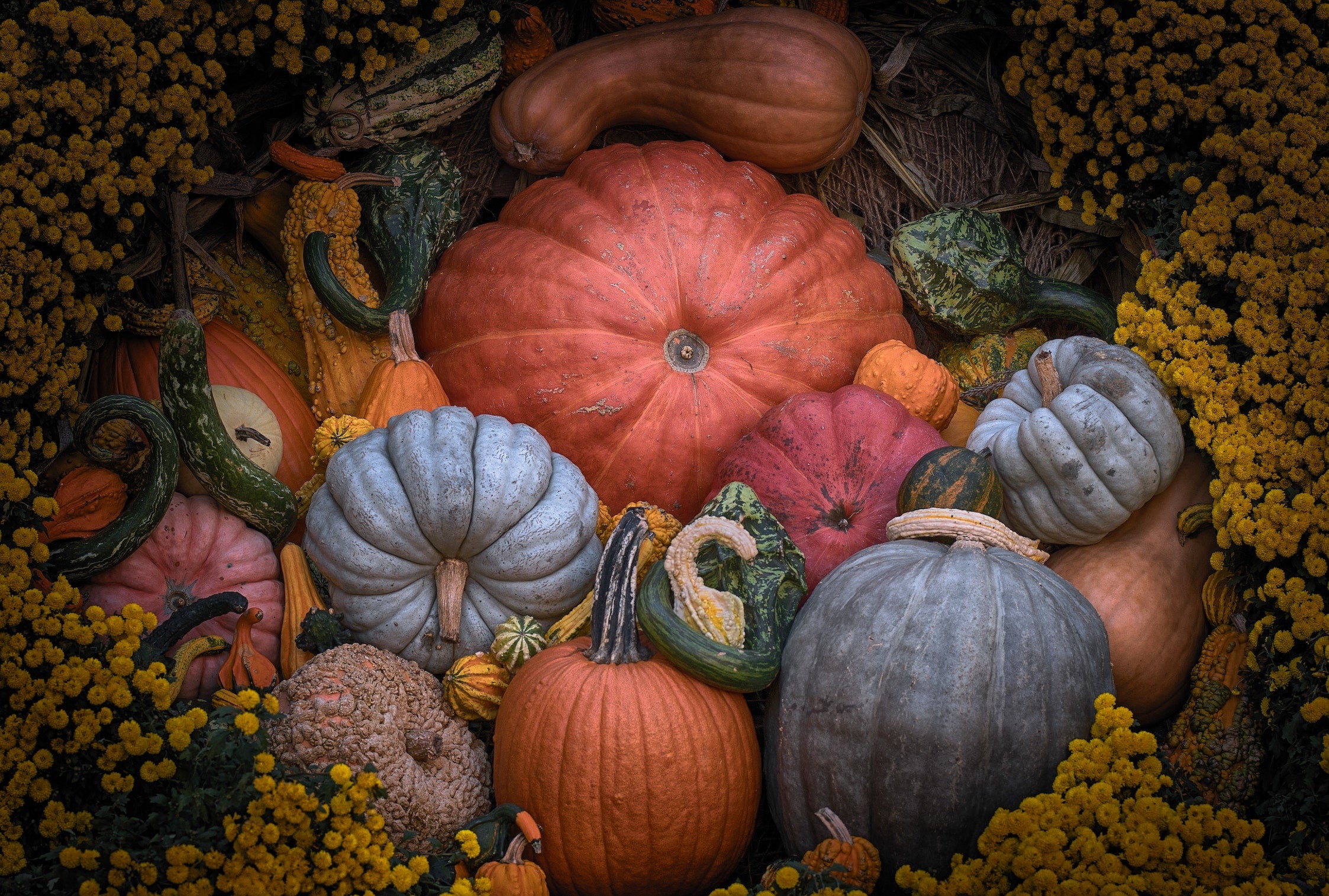What if what a woman eats while pregnant could influence a baby’s IQ later in life, in some cases even out to 13 years of age?
Well, you may want to sit down for this: fruit and vegetable intake in pregnancy does what no pill can do – directly boosts childhood brain development and life-long IQ.
(Just think, less Algebra tutoring for you!).
Women know that eating right during pregnancy is critical for their baby’s brain development. Here, we summarize some classical research and a new groundbreaking study on compounds in fruits and vegetables and how they affect your baby’s brain health for life.
Fruits and Vegetables: Which ones to eat, and which to omit?
In a study of more than 12,000 women and babies, prenatal dietary intake at 32 weeks of gestation was compared to infant IQ at 8 years of age. The strongest dietary predictor for infant IQ, after adjusting for dozens of other variables like childhood diet and socioeconomic status?
Mommy’s fruit and vegetable consumption during pregnancy.
Inversely related to children’s IQ at 8 years of age was intake of nutrient-poor vegetables, such as white potatoes, as well as, generally speaking and not a surprise, consumption of processed food.
Okay, but how much should I eat?
A similar study answers this question: Consumption of six to seven servings of fruits and vegetables during gestation raises a baby’s IQs six to seven points at one year of age. Babies can take IQ tests at one year of age? Yes, there is an (adorable) IQ test for one year olds (called the Bayley Scale of Infant Development).
Yikes, six to seven servings. Okay, well, which fruits and vegetables are best?
The answer is, yes! All are beneficial, but to specifically boost IQ, 2 things are critical.
-
You eat fruits and vegetables, and all their glorious compounds, as foods.
-
You eat fruits and vegetables high in lutein and zeaxanthin.
On the first point specifically, fruits and vegetables contain hundreds of compounds, on top of your usual suspects like vitamins and minerals, that support the rapid development of the infant brain that happens in the 2nd and 3rd trimesters.
Interestingly, nutrients that naturally exist in fruits in vegetables *other than* vitamins and minerals have been found to do a lot of the heavy lifting.
This brings us to our second point: Lutein and Zeaxanthin, two types of compounds called carotenoids due to their orange pigment (think carrot-enoids!), are antioxidants that have been widely appreciated for their role in maintaining healthy vision as we age.
In 2021, the first study of lutein and zeaxanthin was published looking at prenatal intakes and implications on cognitive brain development.
More than 1500 women were studied and statistically grouped based on Lutein and Zeaxanthin intake. Their babies were tested 7 years later.
Higher Lutein and Zeaxanthin intake (and higher fruit and vegetable intake) led to increased verbal intelligence and ability to regulate mood and behavior in eight year olds.
Here’s what you came to this blog post for: Good sources of Lutein and Zeaxanthin? Leafy greens like Kale, Spinach, Arugula, as well as pumpkin, carrots, brussels sprouts, and broccoli.
We would be remiss to point out that these amazing effects of prenatal nutrition, seen years after the baby is born, is due to combinations of nutrients found in whole foods. There are no studies showing isolated, individual nutrients, the kind found in prenatal vitamins, lead to these types of long-lasting, life-changing effects.
This is a reason to eat foods, not pills.
Tend blends 15 fruits and vegetables, including kale, spinach, carrots, and broccoli, into fresh nuts and seeds, naturally providing hundreds of beneficial compounds derived from whole, organic foods, including 25 pregnancy-essential vitamins and minerals.
It’s research like this that both inspires and informs everything we do!
References: 1. Matern Child Nutr. 2018 Jan;14(1):e12431. 2. EBioMedicine. 2016 Jun;8:331-340. 3. J Nutr. 2021 Jan 20; nxaa348. doi: 10.1093/jn/nxaa348.



